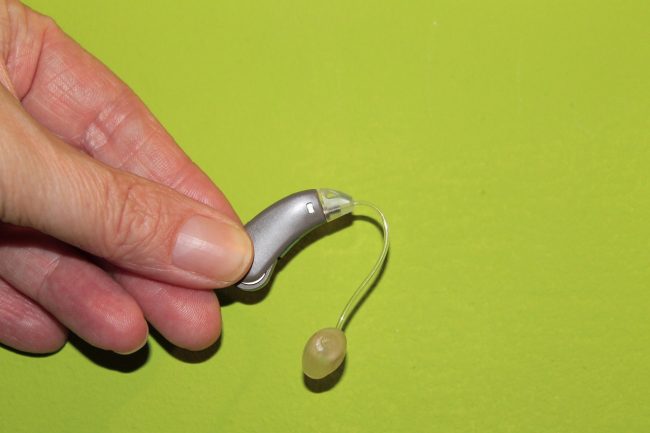Photo courtesy of Pixabay Risk of Cognitive Decline from Hearing Loss When someone asks, “Can you hear me now?” You...

Photo courtesy of Pixabay Risk of Cognitive Decline from Hearing Loss When someone asks, “Can you hear me now?” You...
© 2025 jackomd180. All rights reserved.